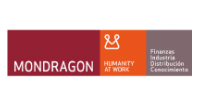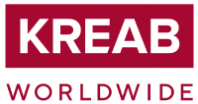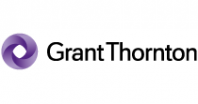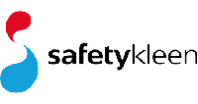Noticias de la Cámara
Scale of Workplace Equity Challenge Revealed
08/03/2024
- Polling for the British Chambers of Commerce reveals a quarter of surveyed employees (25%) believe that not everyone in their workplace has the same access to opportunities.
- Over a quarter (28%) of employees surveyed aren’t aware of the term ‘workplace equity’ or have no understanding of what it means.
- 28% of respondents say they believe they’ve unfairly missed out on a workplace opportunity in the past two years
On International Women’s Day, new polling carried out for the British Chambers of Commerce by polling agency ‘Find Out Now’ highlights the scale of the challenge to make workplaces across the UK more equitable.
Six months into the BCC Workplace Equity Commission’s UK wide inquiry, new data has been published alongside an interim report by the Commission.
The polling found that:
- 93% of respondents said they understood the term ‘Equality, Diversity, and Inclusion’, while 6% did not understand or were not aware of the term.
- 73% said they understood the term ‘Workplace Equity’, while 28% did not understand or were not aware of the term.
- A quarter of respondents (25%) ‘disagree’ that everyone in the workplace has the same access to opportunities, resources and treatment, while 75% ‘agree’.
- 28% of respondents said they felt they’d unfairly missed out on a workplace opportunity in the past two years, which they believed they were suitably qualified for, while 71% ‘disagreed’.
This month marks the half-way point of the BCC’s Workplace Equity Commission. The commission has brought together businesses, UK and international Chamber representatives, as well as key stakeholders from across civil society. The group first met in September and issued a call for evidence. A summary of the evidence has been published today. Some of the main themes emerging from the evidence are:
- Firms who have taken steps to improve fairness in the workplace have seen tangible benefits and there is a lot of good practice in local business communities across the country.
- Fair recruitment practices are critical to making equitable workplaces.
- The main barriers for firms were knowing where to go for information and a lack of time and resource.
- Fear of saying or doing the wrong thing can lead to paralysis which does not benefit the employer or the workforce.
- Businesses are aware that skilled people are being forced to leave the workforce because of the cost and availability of care/childcare.
- SMEs value opportunities for peer-to-peer learning with organisations of similar size or within their sector.
The BCC’s Workplace Equity Commission will now look to come up with practical recommendations for SMEs, to be published in a full report in September.
Sarah Howard – chair of the British Chambers of Commerce, and co-chair of the Workplace Equity Commission said:
“Our research results confirm what the BCC hears consistently – there's still a huge task ahead to create level-playing fields for everyone in more workplaces. We now need to turn this evidence into action.
“A quarter of people told us they don’t believe everyone in their workplace has the same access to opportunities. That’s means many people in workforces aren’t being employed at their full potential. Our Workplace Equity Commission is determined to help companies, particularly SMEs, to make real change.
“Making workplaces equitable makes good business sense. Ensuring everyone has the support they need to reach their full potential in the workplace not only helps to improve staff recruitment and retention, but also boost productivity and growth.
“The ambition must be to see firms creating a level playing field for all individuals, no matter who they are.
“Over the coming months our experienced commissioners will be considering the wealth of evidence we’ve received and looking to make practical recommendations for employers, intermediaries and government.
“On International Women’s Day our research findings are a timely reminder of the work ahead. We want to help firms break down the barriers to workplace equity and for everyone to reap the benefits.”















































































































